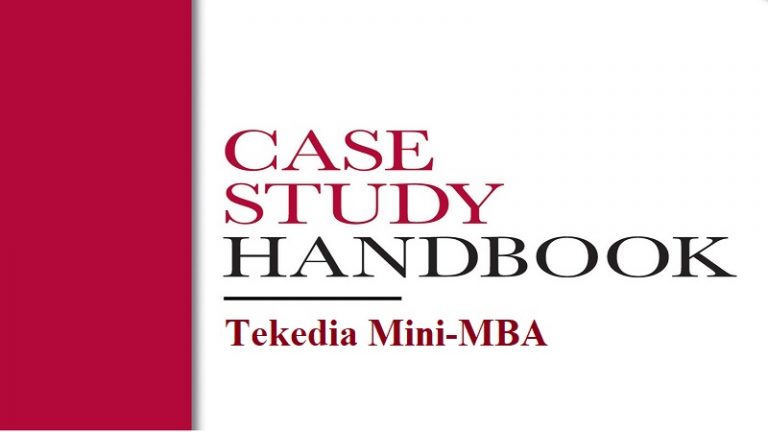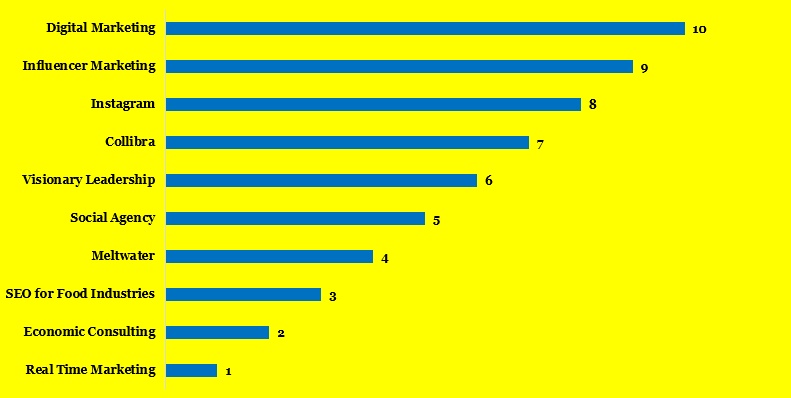
From the classrooms to the fields, stakeholders have always been interested in understanding issues and needs of users of products and services through case analysis. Over the years, the students of business administration and management courses have had the cause of analysing businesses with the specific focus to their downs and ups with the intent of revealing varied learning curves for the managers and employees.
Some days ago, Professor Ndubuisi Ekekwe announced the readiness of his Tekedia Institute to make 200 business cases available to scholars of the Institute. After the announcement, I sent an email message, communicating my interest in developing a number of case studies for the Institute’s Case Study Handbook.
However, communicating the readiness on my LinkedIn page with the inclusion of two of the expected brands has generated positive and negative reactions. These reactions were communicated to me via LinkedIn’s message section and calls. This piece aims at clarifying some of the reactions, especially those communicated by the employees [who questioned the reason for taking interest in their brands without formal communication].
Register for Tekedia Mini-MBA edition 19 (Feb 9 – May 2, 2026): big discounts for early bird.
Tekedia AI in Business Masterclass opens registrations.
Join Tekedia Capital Syndicate and co-invest in great global startups.
Register for Tekedia AI Lab: From Technical Design to Deployment (next edition begins Jan 24 2026).
It is imperative to understand that case study is “an up-close and detailed examination of something your business did. It includes a beginning, an explanation of what happened next, and a resolution that explains how the company solved or improved on something.”
Based on this definition and others, many businesses have made themselves available for external analysis that explores the case study approach because of the inherent value that would accrue to them directly or indirectly.
In our experience, we have realised that people across the world developed a significant interest in knowing brands within case studies [see Exhibit 1 and Exhibit 2]. We found a 34% stronger connection in global interest in discerning case studies within industries, and education sector. On average, people interest in case studies within industries has been 34%, while it remains 60% as at the time of writing this insight. From marketing to leadership strategies, public want to learn from successful and unsuccessful businesses [see Exhibit 2].
Exhibit 1: Global Public Interest in Case Studies within Education and, Business and Industrial (2015-2020)

Exhibit 2: Top Focus Areas (2015-2020)

From the insights, it is clear that having your brand in the forthcoming Case Study Handbook remains one of the best things that should happen to your business. The Institute’s mini-MBA is an accelerated one that considers students’ specific needs. Apart from this, it is industry-centric. It is a programme that has captains of industries as faculty members. It is a programme that leverages online community for the dissemination of tacit knowledge. Already, a number of previous and current participants are giving testimonies regarding what they have accomplished personally and for their brands.
As global investors and customers continue expanding their interest in Africa, is it not going to be a huge plus to your brand? With the Case Study Handbook, you have the opportunity of turning your brand into a compelling story and use as an effective content tool. As a matter of fact, Case Analysts should be seen as your Brand Evangelists, who have the intention of increasing your recognition and business-to-business influence.



